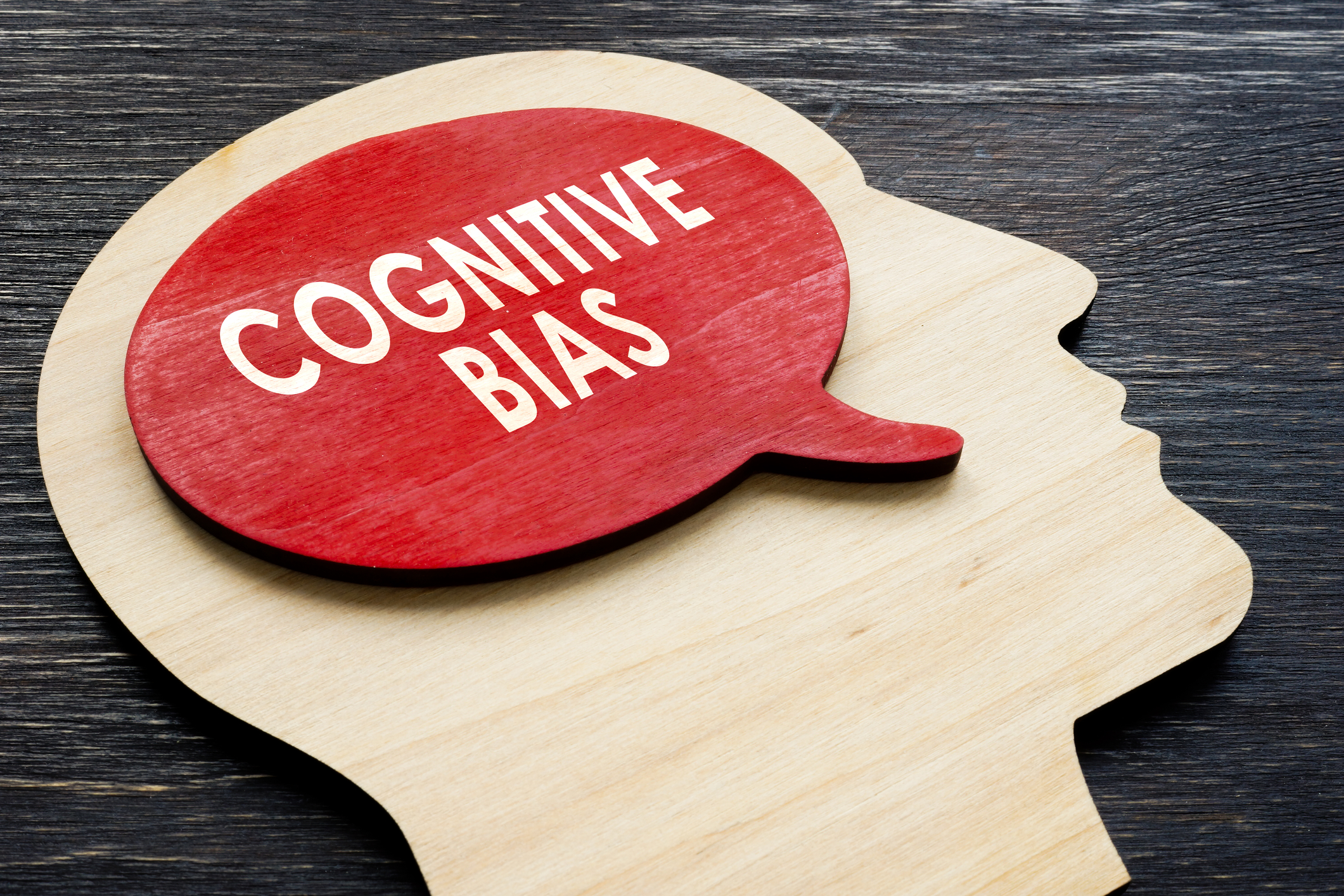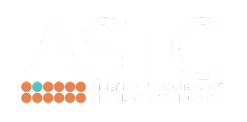Buyer Beware: Hiring a Good Jury Consultant
Trial and Jury Consulting has garnered much attention in the last two decades due to media coverage of high profile cases (e.g., O.J. Simpson, William Kennedy Smith, George Zimmerman) and movies such as Runaway Jury. This Fall there will even be a TV show dramatizing the world of trial consulting, which will no doubt spark even greater interest in the field.
Trial consulting is interesting, complex work and, as a result, is oftentimes perceived by those outside the field as glamorous. (Trust us, it is not!) In recent years, we have seen an influx of “jury consultants” conducting mock trials, witness preparation, and jury selection without requisite qualifications, training, or experience.
What’s worse, we have seen experienced consultants (a) using antiquated or unreliable research designs; (b) relying excessively on qualitative, small-group testing to overgeneralize anticipated case results; (c) recommending trial tactics and strategies that run counter to psychological, cognitive, juror decision-making, and legal principles; and, most egregious of all, (d) churning out boilerplate work product (often drafted by independent contractors lacking experience, credentials, and legal wherewithal), which provides the client with minimal, if any, and oftentimes incorrect insight into a case.
We wish we had a dollar for every time a new client came to us with a “horror story” from previous work with a jury consultant. Needless to say, these clients are reluctant to engage in the process again; however, once they have had the opportunity to experience our reliable, scientific trial consulting, they become true believers (with top-notch case results to show for it).
But, how do you separate the wheat from the chaff? How do you know you are hiring a good trial consultant, and that the recommendations you are receiving are reliable? When you think about retaining the services of a trial consultant, there are five key questions to ask. . . .
1. What are the consultant’s qualifications?
Basically, there are two types of trial consultants: (1) those with appropriate credentials, and (2) everyone else. Trial consultants with appropriate credentials have backgrounds in relevant fields, including psychology, sociology, communications and/or the law, with the training, skills and knowledge to provide bona fide and reliable data collection and interpretation. This includes knowledge and respect for appropriate research design, statistics, and individual and group decision-making. It also includes a working knowledge of the law and legal procedure.
But knowing the law alone is insufficient to interpret human behavior professionally. And knowing psychiatry alone does little to assist with legal decision-making. A case in point: District Attorney Gil Garcetti relied on his neighbor, a psychiatrist, to act as the State’s consultant on the O.J. Simpson criminal trial instead of turning to the legitimate jury consultants at his disposal . . . and we all know how that worked out in the end.
Therefore, be sure to vet the qualifications of your jury consultant and make sure s/he holds the requisite background and credentials. You don’t go to a podiatrist for a back problem, so don’t use a graphic artist for psychological insights about your case and how jurors will perceive it.
2. Who is really doing the work on your case?
Make sure you know who is actually doing the work on your case. When asking this question, make sure to inquire as to: (a) who is designing the jury research protocol and drafting the mock trial or focus group questionnaires; (b) who is interpreting and analyzing (both qualitatively and statistically) the data generated from the mock trial or focus group; (c) who is drafting the written jury research report and making the strategic, demonstrative, and heuristic case recommendations therein; and, (d) who is drafting any pertinent court documents (e.g., supplemental juror questionnaire, proposed voir dire questions).
Many trial consulting firms conduct somewhat of a bait and switch – they reel you in with the face of their company; the owner or senior consultant who has the knowledge, experience and reputation. However, once you’ve signed on the dotted line and paid your fee, your case gets passed off to a junior consultant or independent contractor wholly lacking the qualifications or insight necessary to make appropriate recommendations for your case and trial. While the senior consultant may appear at the mock trial or in the courtroom for jury selection, it is the novice who is actually preparing your jury research report (oftentimes, flying by the seat of his/her pants, with little or no input or supervision from the senior consultant). Consequently, you may be paying top dollar for bottom of the barrel consulting.
3. Is the jury research (i.e., mock trial) protocol scientific and reliable?
There are many consultants out there who will use as few as 6 mock jurors for a research project and recommend only one deliberation group of jurors; from this limited and scientifically unreliable source, the consultant will then make sweeping generalizations and conclusions about your case and the people who you need to eliminate from the jury. Utilizing such a consultant may be just as dangerous as, if not more dangerous than, doing no jury research at all, since the consultant may be leading you down the garden path with misinformation.
To draw proper conclusions about your case and create juror profiles, it is imperative that the mock trial or focus group utilize an adequate number of research participants and deliberation groups. You cannot do any juror profiling without an adequate cross-section of the community in which the case will be tried. You cannot determine how your case will be viewed in the venire or what your case problems might be from only a handful of people. Without multiple deliberation panels, you run the risk that one or two jurors might take over or skew the deliberation process in that group, and you will have no control panel with which to compare deliberation results.
It is also critical that the consultant know how to draft research questionnaires that are scientifically reliable (i.e., the questions are not drafted in such a way as to elicit demand characteristics, or biased responses, from mock jurors). The consultant must be well-versed in the proper methods to collect juror data and the proper interpretation and analysis of that data. A good jury consultant not only has the appropriate training, but also has the ability to use both art and science to make a significant contribution to your trial team.
4. Are you hiring a “YES man” or a consultant with the ethical fortitude to tell you the truth?
Some attorneys, especially those new to trial consulting, are highly resistant to hearing about the problems areas of their case, despite that being the real purpose of conducting pretrial jury research (i.e., to identify case problems that can be addressed and fixed before walking into the courtroom, or to identify when your case is too problematic to bring to a jury and, thus, should be settled).
Since jury consulting is not only a profession but also a business, there are some consultants who (in order to avoid losing a client) will at best sugar-coat, and at worst conceal, the bad news, telling the client what s/he wants to hear rather than delivering critical information. This kind of trial consultant does his/her client a huge disservice, so make sure you hire someone bold enough to tell you the truth and face the risk of losing you as a client.
Additionally, a good trial consultant should advise his/her client to conduct a mock trial or focus group that represents a worst-case scenario. To do so, it is important to: (a) utilize the best litigator to present the opposition’s case, (b) present evidence and demonstratives as well as witness testimony in an evenhanded manner, and (c) withhold information from the client’s presentation that may not be permitted by the court. It does no one any good to present a weak opposition and a strong presentation of your case just to win at the mock trial and stroke your (or your client’s) ego. It is more useful to lose at the mock trial stage and learn what works and what doesn’t, so you can win in the courtroom with the real jury. A good consultant will ensure that you employ this more useful strategy.
5. What kind of feedback will your consultant provide?
The serious work of a trial consultant really begins at the conclusion of the jury research (i.e., the mock trial or focus group). A good consultant will take the time to analyze the attorneys’ presentations, demographic and baseline bias juror information, juror questionnaire responses, jury deliberations, and verdict responses, and then communicate their findings, recommendations, and conclusions to you in writing.
A valuable jury research report should contain specific communication strategies, including high-impact analogies, metaphors, sound bites, themes, and other heuristics that resonate with jurors. It should also provide suggested demonstrative aides that will convey in pictures, rather than in words, the important points of your case (because most people learn visually). Additionally, given an adequate number of research participants, it will contain statistically-derived determinations as to the type of jurors who are most favorable and unfavorable for use during voir dire. It should also contain research-derived questions to elicit the most useful juror information in voir dire. Most importantly, a good jury research report will focus on the approaches used during the mock trial that did NOT work (e.g., a presentation that was purely scientific with no story; a presentation that resulted in cognitive overload or was too long; a “tutorial” that was too complex; avoidance of difficult issues; presenting an “expert witness” who was clueless about connecting with lay people, etc.), and will not only contain potentially case-determinative missteps, but will also include legally and procedurally sound methods by which to correct these missteps.
All of the above takes a considerable amount of time and thought, so be leery of any trial consultant who promises to provide you with a written jury research report within a few days, as you will find it to be boilerplate and lacking in any real meaningful analysis or insight.

